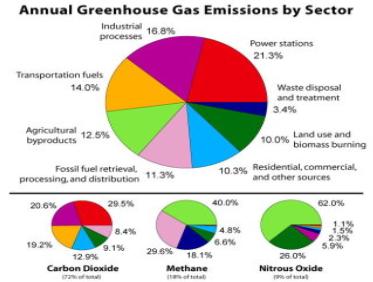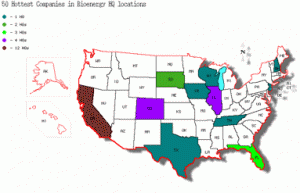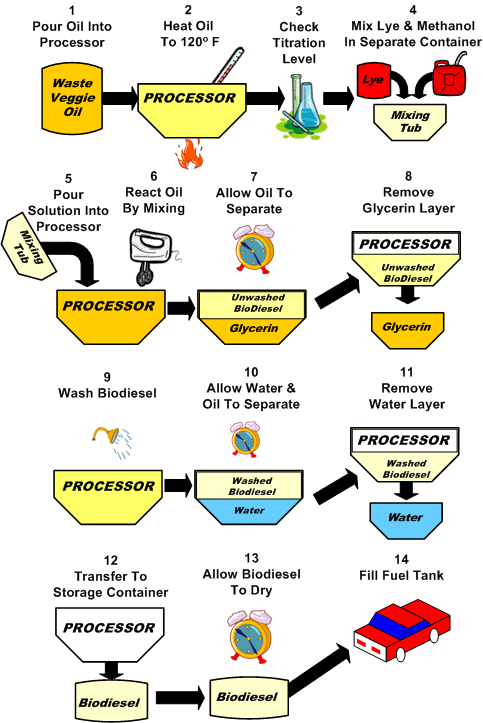Bioenergy is a form of energy that could bring many benefits to the developing as well as the developed world. “The biomass used to create bioenergy or biofuels is abundant in many developing countries, especially in the form of agricultural by-products such as rice husk and sugar cane biogases," said by Dr Jenny Jones of the University of Leeds. As an energy source biomass is nearly 'CO2 neutral', that is any bioenergy crop will fix as much CO2 from the atmosphere as it grows as will be released when it is burnt.Growing bioenergy crops can give a boost to countryside economies, providing another market for existing crops. Biomass also has the advantage that it can be mixed in with other fuel sources: "Co-firing biomass with coal is currently undertaken at several UK power stations, and this can reduce CO2 emissions while taking advantage of the efficiencies associated with large scale boilers,".
 Integrating biomass processing with other technologies such as gas turbines, engines and fuel cells is also important. EPSRC supports a diverse portfolio of bioenergy research including work at Leeds and the SUPERGEN Biomass, Biofuels and Energy Crops Consortium. EPSRC and the DTI also support the Bioenergy Network of Excellence which links together eight leading European bioenergy institutes. The future could be bright if research can drive innovation in the emerging bioenergy industry: “the impact could be very large, with new biomass-based industry replacing essentials of the petrochemical industry as oil reserves decline. “Learning from the Oil Shock,” Jeffrey Rubin’s view on the future of oil consumption. Rubin suggests that gasoline will rise to $7 per gallon and oil to $225 per barrel by 2012.   |
 There are still plenty of challenges for bioenergy researchers to tackle. Scientists and engineers are investigating how to breed the most desirable traits into promising energy crop candidates and then farm, harvest and use the biomass efficiently and economically. “Other issues include corrosion, fouling and slagging in boilers,” this is a particular problem related with agricultural remains from wheat and straw where the potassium and chlorine content can be high.”  Rubin goes on to muse that there may be one benefit to this striking rise in price: Because rising ocean-freight costs will make importing goods more expensive, some outsourced production will have to return to the United States, benefiting U.S. manufacturers. On the other hand, Rubin also suggests that the home-building and auto industries will be the hardest hit. As the website states, “Higher gasoline prices push people to mass transit, bicycles and their feet.” Bioenergy provides a range of strategic, energy, economic, and environmental benefits to the people of California. Not only is greater use of bioenergy critical to achieving existing regulatory and policy objectives, but it is also consistent with a range of state environmental goals and provides unique economic development benefits relative to other energy options. Biofuels represent one of the few practical near-term renewable energy alternatives to petroleum transportation fuels.  |